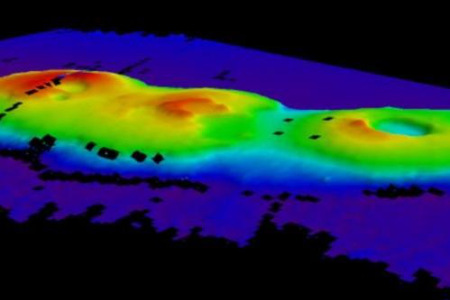UPDATED: New terrestrial planets like Earth recently discovered. Each year NASA serves something fascinating, there is always a new discovery from Astronomy.
- NASA’s Kepler mission discovered Kepler 452b orbiting in the habitable zone around a sun-like star.
The new planet almost the size of the Earth found in the Goldilocks zone of star that is similar to our sun. Kepler mission also found 11 other small habitable zone planets. “This exciting result brings us one step closer to finding an Earth 2.0,” said John Grunsfeld, associate administrator of NASA’s Science Mission Directorate.
The Kepler-452b is about 60 percent wider than Earth, orbits its parent star every 385 days and estimated to have five times the mass, making it most likely a rocky world. The zone in which liquid water could pool on the surface of an orbiting planet.
It is estimated to be closer to 6 billion years old, compared to the 4.6 billion year age of the solar system.
The Kepler Mission surveys not only our region of the Milky Way but it looks deeper and further outside our solar system its mission to search terrestrial planets like Earth.
There are already hundreds of planet-like earth discovered by NASA as it keeps monitoring stars outside our solar system to try to find new exoplanets or terrestrial planets. NASA is particularly interested in identifying planets one half to twice the size of Earth that orbits the habitable zone.
Goldilocks zone, Astronomers refer to the range of distance from the star in which a planet orbiting which it could have liquid water on its surface.
Newly discovered Jupiter twin hints at new solar system similar to Earth, while Kepler telescope continues to search for new planet-like ours. Kepler has found a dozen terrestrial planets like Earth less than twice the size of Earth that live in the habitable zone of their host star, which range from M stars that are much cooler and smaller than the sun to the G stars that include the sun.
For now, while NASA continue its mission, let’s take a look, up deeper where Voyager 1 Current Position. IMAGE/NASA





